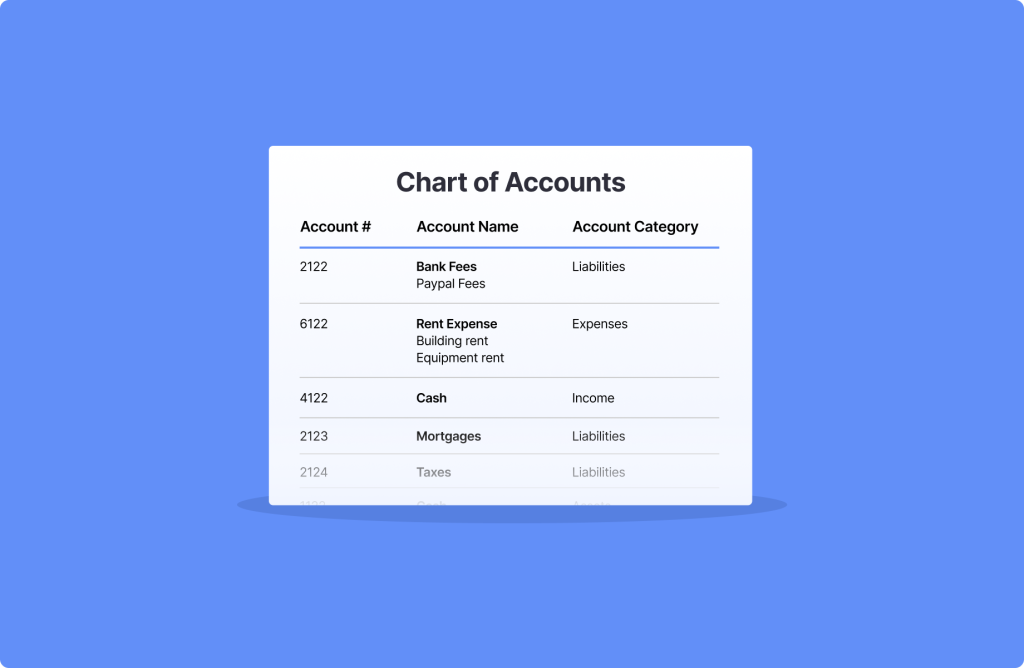Introduction
A chart of accounts is a list of all the accounts that a company uses to record its financial transactions. It is an essential tool for tracking income and expenses, and for generating financial reports.
The ideal chart of accounts for a tech startup will vary depending on the specific business model and industry. However, there are some general principles that can be applied.
General Principles
The chart of accounts should be organized in a way that makes it easy to track and report on the company’s financial performance.
The chart of accounts should be detailed enough to provide meaningful information, but not so detailed that it becomes cumbersome and difficult to use.
The chart of accounts should be consistent with industry best practices and accounting standards.
Recommended Accounts
The following is a list of recommended accounts for a tech startup:
Assets
Cash and Cash Equivalents
Accounts Receivable
Prepaid Expenses
Inventory
Fixed Assets (e.g., computers, office equipment, furniture, fixtures)
Intellectual Property
Other Assets (e.g., security deposits)
Liabilities
Accounts Payable
Deferred Revenue
Credit Cards
Payroll Liabilities
Payroll Tax Liabilities
Sales Tax Liabilities
Accrued Expenses
Long Term Liabilities (e.g., convertible notes)
Equity
Common Stock
Preferred Stock
Retained Earnings
Revenue
E-Commerce Sales
Service Income
Cost of Goods Sold
Cost of Services – Hosting
Operating Expenses
Salaries & Wages
Payroll Taxes
Payroll Fees
Benefits
Rent
Utilities
Repairs & Maintenance
Insurance
Shipping & Postage
Fulfillment Fees
Marketing & Advertising
Public Relations
Digital Advertising
Conferences & Tradeshows
Promotional Expenses
Independent Contractors
Research & Development – Subscriptions
Software Subscriptions
Computer Services
Office Expenses
Set-up Cost
Legal & Professional Expenses
Accounting Expenses
Traveling Expenses
Bank Charges
Other Income and Expense
Interest Income
Interest Expense
Depreciation
Amortization
Miscellaneous
Additional Considerations
Tech startups may need to create additional accounts to track specific business activities, such as research and development costs, customer acquisition costs, and marketing campaign costs.
Tech startups that are raising venture capital may need to create additional accounts to track their fundraising activities, such as convertible notes and warrants.
Tech startups that are growing rapidly may need to revisit their chart of accounts on a regular basis to make sure that it is still meeting their needs.
Conclusion
A well-designed chart of accounts is essential for any business, but it is especially important for tech startups. By following the general principles and recommended accounts outlined in this article, you can create a chart of accounts that will help you track your financial performance and make informed business decisions.



